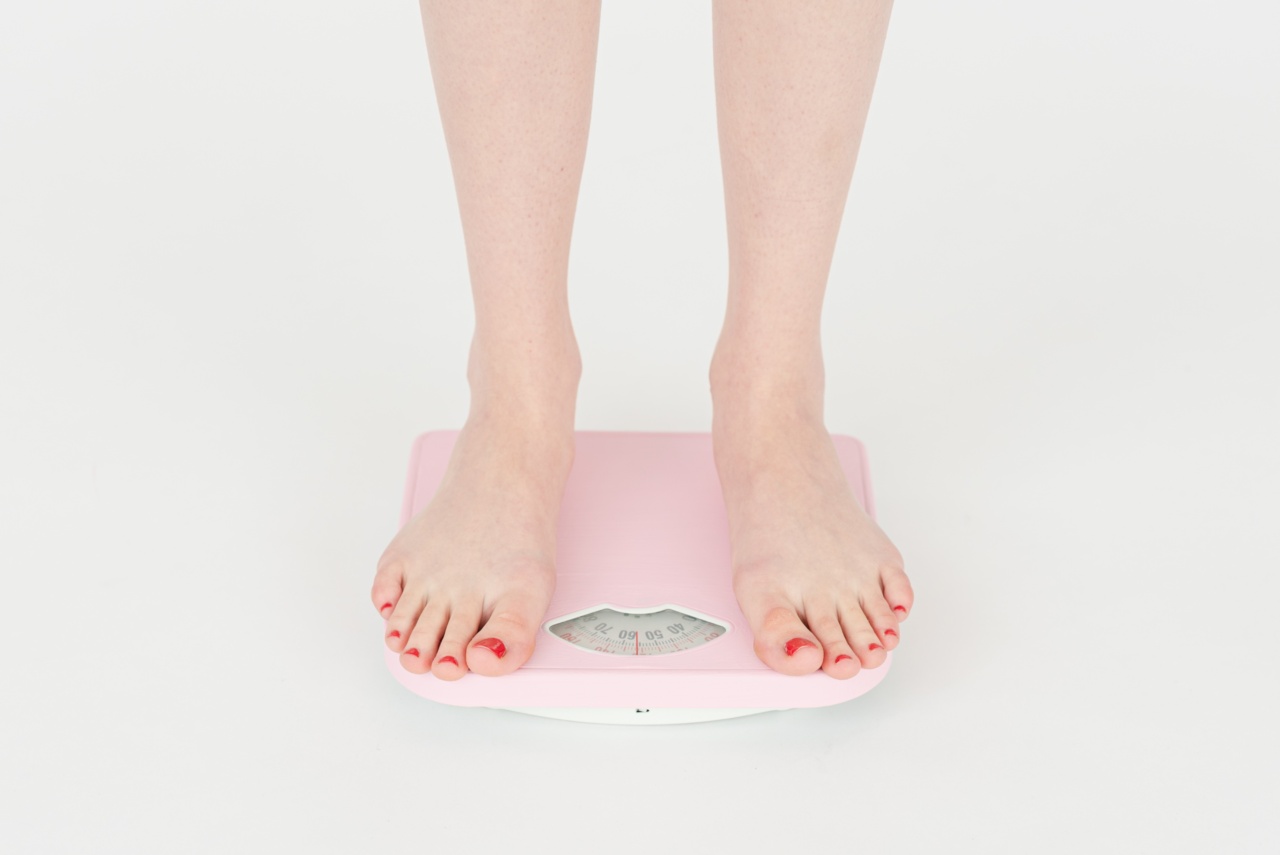High-protein diets have gained immense popularity in recent years, especially in the context of weight loss.
These diets are characterized by a higher intake of protein than carbohydrates or fats, and they have been shown to be effective for weight loss.
How High Protein Diets Work for Weight Loss
There are several mechanisms by which high-protein diets can help promote weight loss. One of the main ways is that protein is more satisfying than carbohydrates or fats.
This means that when you eat a meal that is high in protein, you tend to feel fuller for longer and are less likely to snack or overeat later on.
Another way that high-protein diets can aid in weight loss is by increasing your metabolic rate.
Protein has a higher thermic effect than carbohydrates or fats, meaning that your body burns more calories digesting protein than it does digesting other nutrients. This can lead to a higher overall calorie burn throughout the day.
The Role of Protein in the Body
Protein is an essential nutrient that plays many important roles in the body. It is the building block of muscle tissue and is also involved in the production of enzymes, hormones, and other important molecules.
Protein is made up of amino acids, which are the smaller units that make up the protein molecule.
When you consume protein, your body breaks it down into individual amino acids, which are then used to build and repair muscle tissue. This is why protein is so important for athletes and people who are looking to build muscle mass.
Recommended Protein Intake
The recommended daily intake of protein varies based on factors such as age, gender, and activity level. For sedentary adults, the recommended daily intake is 0.8 grams of protein per kilogram of body weight.
However, for athletes or people who are looking to build muscle mass, a higher intake of 1.2-2 grams of protein per kilogram of body weight may be necessary.
Sources of Protein
There are many different sources of protein, both animal-based and plant-based. Animal-based sources of protein include meat, poultry, fish, eggs, and dairy products. Plant-based sources of protein include beans, lentils, nuts, and seeds.
It is important to note that not all sources of protein are created equal. Some sources, such as red meat, are high in saturated fat and are not the healthiest choice for long-term health.
Additionally, some animal-based sources of protein may contain antibiotics and hormones, which can be harmful to human health.
Health Benefits of High-Protein Diets
Aside from weight loss, there are many other potential health benefits associated with high-protein diets. Some of these include:.
- Improved body composition: High-protein diets have been shown to increase muscle mass and decrease body fat, leading to a more favorable body composition.
- Lowered blood pressure: Studies have shown that consuming more protein can help lower blood pressure, which can reduce the risk of heart disease and stroke.
- Improved bone health: Protein is an important nutrient for building and maintaining strong bones, which can reduce the risk of osteoporosis and other bone-related conditions.
- Reduced inflammation: Certain types of protein, such as whey protein, have been shown to have anti-inflammatory effects, which can reduce the risk of chronic diseases such as cancer and diabetes.
Potential Risks of High-Protein Diets
While high-protein diets can have many potential health benefits, there are also some risks associated with consuming too much protein. Some of these risks include:.
- Kidney damage: Consuming too much protein can put a strain on the kidneys, which can lead to kidney damage over time.
- Dehydration: High-protein diets often result in increased water loss, which can lead to dehydration if adequate fluid intake is not maintained.
- Increased risk of heart disease: Animal-based sources of protein, such as red meat, are often high in saturated fat, which can increase the risk of heart disease when consumed in excess.
- Bad breath: High-protein diets can lead to an increase in the production of volatile sulfur compounds in the mouth, which can lead to bad breath.
Conclusion
High-protein diets can be an effective tool for weight loss and may have many other potential health benefits. However, it is important to consume a variety of nutrient-dense foods and to avoid excess consumption of animal-based protein sources.
In addition, it is important to monitor fluid intake and to consult with a healthcare professional before beginning a high-protein diet.



























